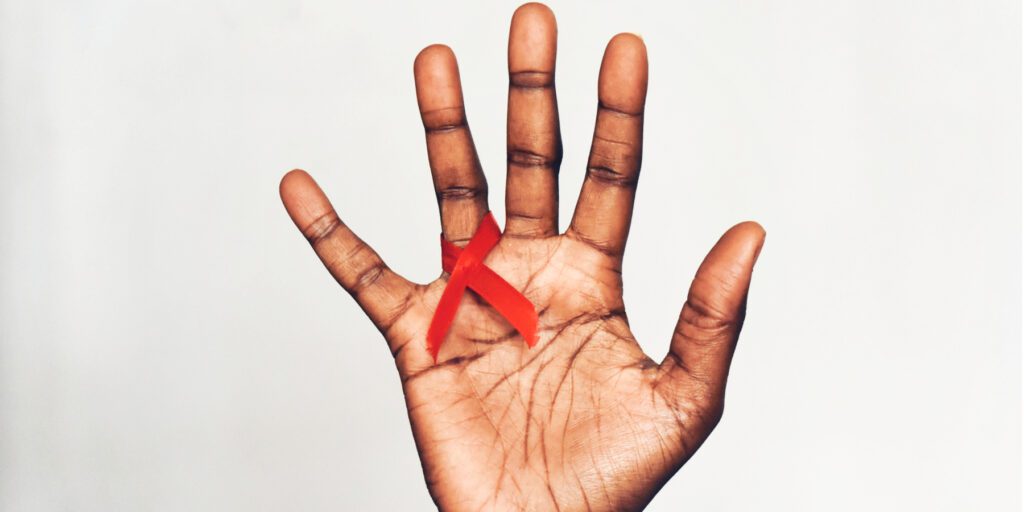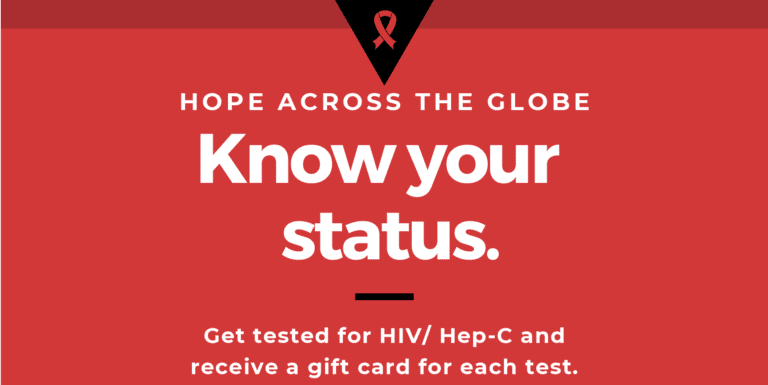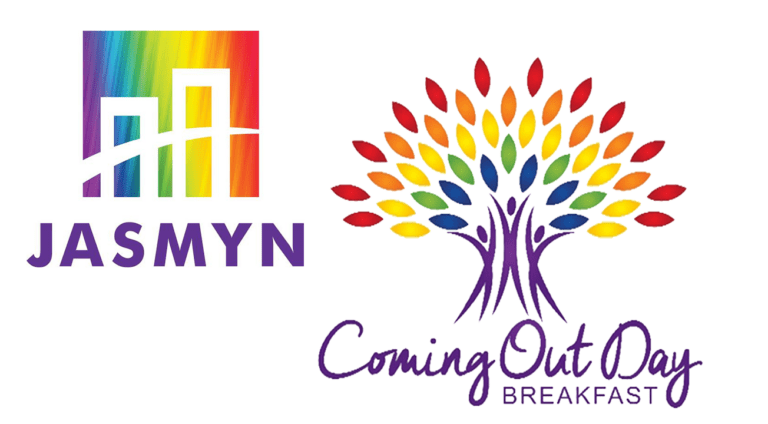Don’t Let Fear Hold You Back: Overcoming Stigma and Getting Tested for HIV
HIV, or human immunodeficiency virus, is a serious medical condition that can lead to AIDS if left untreated. Despite advances in treatment and prevention, HIV remains a significant public health concern, affecting millions of people worldwide. The only way to know if you have HIV is to get tested, yet many people avoid testing due to fear, stigma, or a lack of knowledge. In this blog, we will discuss the stigma associated with HIV testing, the importance of getting tested, and strategies for overcoming fear and stigma.
Stigma Associated with HIV Testing
Fear and stigma are significant barriers to HIV testing. Many people are afraid of being judged, ostracized, or discriminated against if they test positive for HIV. They may also be afraid of the physical discomfort associated with testing, such as drawing blood or having a swab taken from the mouth.
Stigma also plays a significant role in preventing people from getting tested for HIV. Stigma refers to negative attitudes and beliefs about a particular group of people, in this case, people living with HIV. HIV stigma can lead to discrimination, social exclusion, and even violence. The fear of experiencing stigma can prevent people from seeking testing, treatment, and support.

The Importance of Getting Tested for HIV
Despite the fear and stigma associated with testing, it is crucial to get tested for HIV. Testing is the only way to know if you have HIV, and early diagnosis and treatment can significantly improve health outcomes. With advances in treatment, people with HIV can live long, healthy lives and reduce the risk of transmitting the virus to others.
Getting tested for HIV also helps to reduce the stigma associated with the virus. By getting tested and talking openly about HIV, individuals can help to break down barriers and reduce fear and stigma.
Strategies for Overcoming Fear and Stigma
Overcoming fear and stigma associated with HIV testing can be challenging, but it is possible. Here are some strategies for overcoming fear and stigma and getting tested for HIV:
- Educate Yourself: The first step in overcoming fear and stigma is to educate yourself about HIV. Learn about how the virus is transmitted, how it’s treated, and how people living with HIV can lead healthy lives. Knowledge can help to reduce fear and stigma and provide a basis for informed decision-making.
- Find a Support System: Having a support system can be essential in overcoming the fear and stigma associated with testing. Reach out to friends, family, or support groups for people living with HIV. Having someone to talk to can help to reduce fear and stigma and provide emotional support during the testing process.
- Seek Professional Help: If fear and stigma are preventing you from getting tested for HIV, seek professional help. A healthcare provider or mental health professional can provide support, information, and resources to help overcome barriers to testing.
- Use Confidential Testing Services: Confidential testing services can provide an added layer of privacy and confidentiality when getting tested for HIV. Many testing centers offer anonymous testing or use a code system to protect confidentiality. This can help to reduce fear and stigma associated with testing and increase the likelihood of getting tested.
- Get Involved: Getting involved in HIV advocacy and activism can help to reduce the fear and stigma associated with the virus. By speaking out about HIV and advocating for testing and prevention, individuals can help to break down barriers and reduce the stigma associated with the virus.
Where to Get Tested for HIV
Knowing where to get tested for HIV is an essential part of overcoming fear and stigma and getting tested. There are many options for testing, including healthcare providers, community health centers, and testing centers. Here are some resources for finding a testing center near you:
- The Centers for Disease Control and Prevention (CDC) offers a tool to find testing locations: https://gettested.cdc.gov/
- Your local health department or public health clinic may offer HIV testing services.
- Community-based organizations, such as HIV/AIDS service organizations, may offer free or low-cost testing.
- Many pharmacies now offer HIV self-testing kits that can be done in the privacy of your own home.
- No matter where you choose to get tested, it’s essential to find a testing center that provides confidential and non-judgmental testing services.
Conclusion
Overcoming fear and stigma associated with HIV testing is critical to getting tested and staying healthy. Testing is the only way to know if you have HIV, and early diagnosis and treatment can significantly improve health outcomes. By educating yourself, finding a support system, seeking professional help, using confidential testing services, and getting involved in advocacy and activism, you can overcome fear and stigma and get tested for HIV.
Remember, getting tested for HIV is a responsible and empowering act that can help protect yourself and others. Don’t let fear hold you back from getting tested and taking control of your health.






